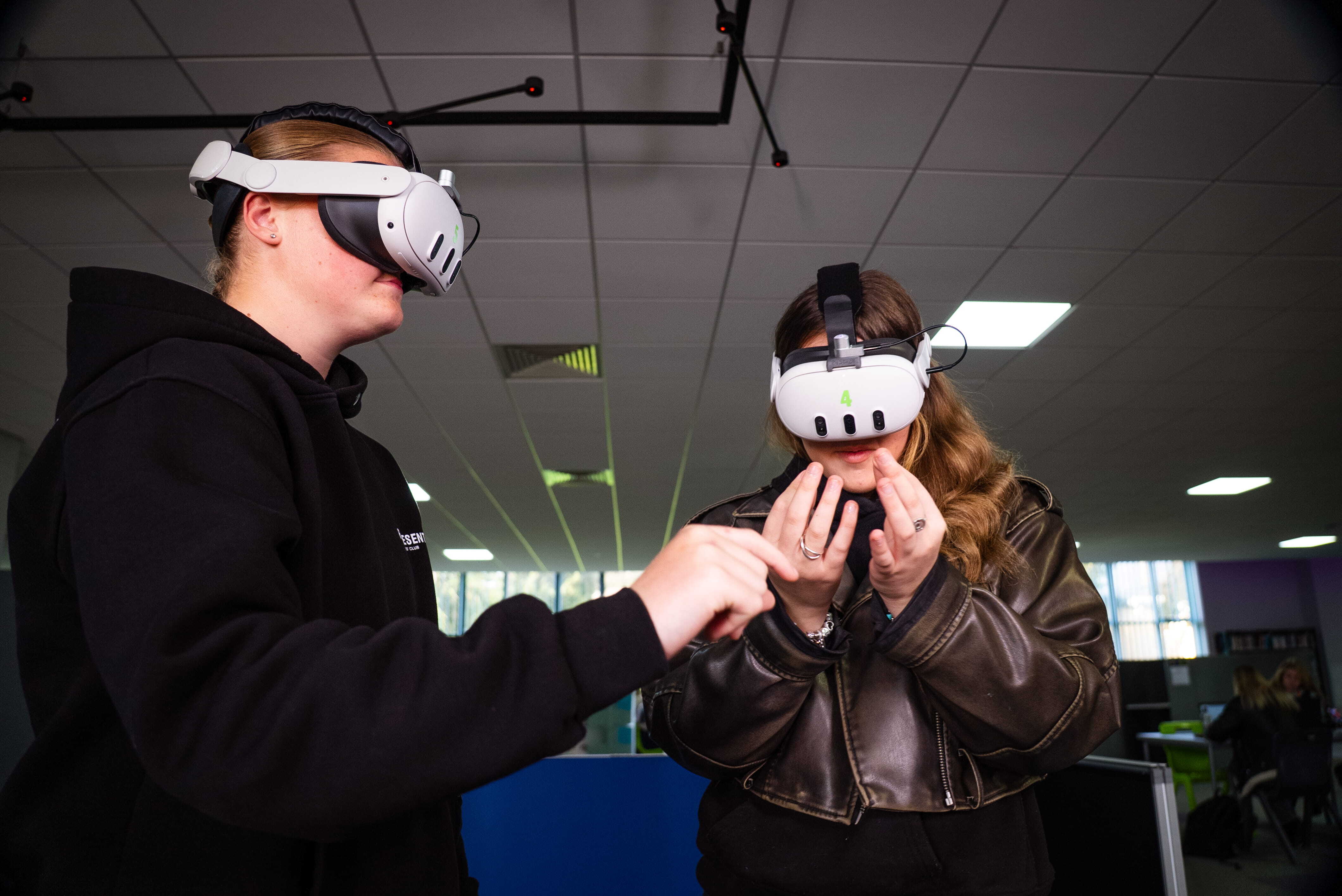The college submitted two applications, endorsed by the Hull & Humber Chamber of Commerce as the designated Employer Representative Body for the Hull and East Yorkshire Local Skills Improvement Plan (LSIP), in partnership with TEC Partnership (East Riding College), Hull College, Wyke 6th Form College, Wilberforce Sixth Form College, HETA, and the Hull & East Yorkshire Local Enterprise Partnership. People across the region are now set to benefit from more skills training to help them get good jobs close to home. This investment will transform local people’s skills and employability, creating a trained workforce ready to take on the jobs needed to strengthen the region’s competitiveness in rapidly developing sectors.
Bill Meredith, Principal and Chief Executive of lead provider partner, Bishop Burton said:
“It is clear that the future workforce will need a very different set of skills from those of the past. The two strands of this project ensure that the region’s key industry sectors will be able to recruit employees with the necessary technical skills and knowledge to meet the challenges of the current industrial revolution arising from digitalisation, automation, robotics and AI.
“The way in which we teach the new technologies will also be a focus, with exciting developments such as the use of virtual reality to simulate real working environments. A further objective of the project will be to prepare employees to be adaptable, with the ability to re-skill and potentially take on portfolio careers, as business needs change”.
The Hull & East Yorkshire Local Skills Improvement Fund has been created to support the local response to the skills priorities set out by the Hull and East Yorkshire LSIP* published this summer. The themes covered by the Hull and East Yorkshire LSIP are technical skills, educational teaching professionals, employability skills and behaviours, careers guidance and accessibility.
Project 1 will focus on Technical Transformation, developing resources and courses aligned to the key industrial sectors identified as needing investment in skills:
- Agri-Tech
- Health & Social Care
- Construction
- Engineering Construction
- Manufacturing
Cutting across all of these will be an emphasis on low carbon initiatives.


